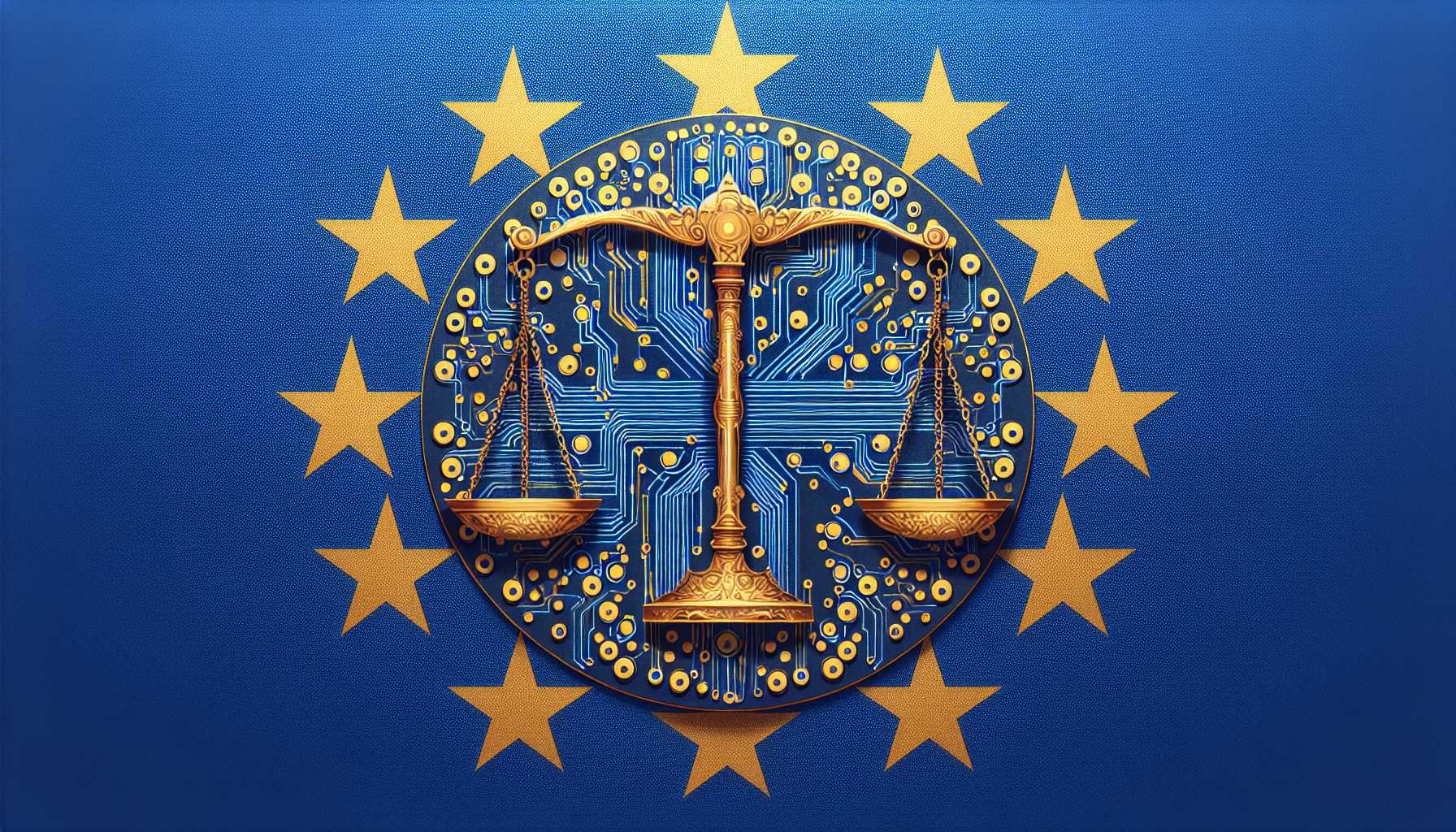The Melodic Farewell: Spotify’s Shift from Legacy Podcast Tools to AI-Enhanced Riverside Integration
As an ardent follower and participant in the podcasting landscape, it’s bittersweet to witness the sunset of Spotify’s legacy creation tools, including the innovative Music + Talk feature. For music podcasters, the retirement of such a tool represents a significant turn of the mixing table. Yet, the strategic pivot towards a seamless partnership with Riverside, an established video and podcast recording platform, is sheer music to my ears as a tech enthusiast. Spotify for Podcasters just got a massive upgrade. Riverside’s AI-infused smorgasbord of recording, editing, and publishing tools represents the next frontier of content creation. For creators, this collaboration means no longer juggling multiple applications to produce their auditory masterpiece. Instead, everything can be done within Spotify’s web environment—talk about a harmonious user experience! While some may view the discontinuation of features such as Record with Friends and Voice Messages as the end of an era, I perceive it as a renaissance. By laser-focusing on powerful AI-driven enhancements and streamlined content production, Spotify is harmonizing the podcast ecosystem, ensuring creators and listeners alike can dance to the beat of efficiency and innovation.
Debt Negotiation and Sales Genius: AI’s Ascent in Banking Via Cambio
In the realm of finance, a Y Combinator-backed startup, Cambio, is illuminating the path for banks and credit unions with AI’s torch. Blesson Abraham, CEO and a former founder in the banking software realm, has crafted an AI API masterpiece that’s scripting the narrative of empathetic financial guidance. Cambio’s roots as a neobank morphed into a beacon of hope for customers grappling with debt. It leveraged AI’s prowess not only as a debt negotiator but also as a coach guiding conversations with creditors. The integration of AI into debt collection and sales calls unlocks a new dimension of customer engagement, offering a balance between technological sophistication and human warmth. Yet, one can’t help but marvel at the irony of advanced AI bots meticulously adhering to FCC regulations while potentially outperforming human counterparts in success rates. As a tech investor and enthusiast, it’s exhilarating to observe how Cambio, with legal and ethical navigation, is reshaping the landscape where technology empathizes and advocates for the financial well-being of consumers.
Uncharted Creative Horizons: Adobe and TikTok’s Symbiotic Fusion in Content Creation
Creative minds are often said to thrive in orchestrated chaos, but Adobe’s recent collaboration with TikTok might very well be the hand that steadies the artist’s brush. Adobe Express now harbors TikTok’s AI-powered Creative Assistant, an amalgamation that’s set to redefine content creation, bringing a splash of AI brilliance to the canvas of social media marketing. As a tech maverick, I revel in the unprecedented blend of Adobe’s design prowess with TikTok’s intuitive understanding of viral trends. This is more than a partnership; it’s a masterstroke enabling businesses and creators to craft, schedule, and publish content without a disruptive intermission of platform swapping. All within Adobe Express, the Creative Assistant whispers the secrets of trending hashtags, crafts video scripts, and ensures your digital masterpiece resonates with the rhythm of TikTok’s dynamic audience.
No Code Red for iMessage or Bing: The EU’s DMA Takes a Calculated Stance
Amidst a digital landscape filled with regulatory tightropes, Apple and Microsoft have been spared from escalating requirements under the European Union’s Digital Markets Act (DMA). This decision by EU lawmakers to exclude iMessage, Bing, Edge, and Microsoft Advertising from the designation as regulated core platform services is a testament to the tech giants’ strategic positioning and the nuanced understanding of market dynamics by EU institutions. As the tech realm increasingly becomes a gladiator’s arena for antitrust and regulation, the EU’s level-headed approach towards exclusivity and interoperability paints a complex picture of the digital future. For Microsoft and Apple, the non-designation is a signal to continue innovating with a cautious eye on usage thresholds that could recalibrate their stance under DMA. Navigating this regulatory chessboard will require a deft blend of market acumen and technological foresight.
The Maturing AI Policy Landscape: EU’s AI Act Endorsement Signals a Paradigm Shift
The European Parliament’s resounding endorsement of the draft legislation for the AI Act is not just another procedural footnote; it’s a monumental leap towards a globally pioneering regulatory framework. This decisive vote shapes the contours of how AI applications will be harnessed, scrutinized, and channeled towards societal benefit while preempting potential dystopian pitfalls. The act’s nuanced, risk-based approach to AI regulation recognizes the technology’s vast potential and inherent dangers. Provisions for sandbox environments and phased obligations reflect a remarkably futuristic vision that embraces AI’s promise without discounting its perils. In doing so, Europe positions itself at the vanguard of AI governance, aspiring to blend innovation with accountability and setting a global precedent for others to follow.
In conclusion, these news stories underscore the dynamic intersection of technology, innovation, and regulatory guidance. From Spotify’s streamlined podcasting tools to Cambio’s AI-driven banking revolution, Adobe’s inventive collaboration with TikTok, and the EU’s discerningly curated approach towards AI and digital market regulations, the momentum of change is palpable. As a tech evangelist, I can’t help but be exhilarated by this relentless march forward, bearing witness to a future being written in the indelible ink of technological advancement.





